
What can be kerbside recycled
Find out what can and can't go in your recycling bin. A great tip is to look carefully before you buy; any packaging you buy will also cost you to dispose of. If we all work together to reduce waste, and sort it properly, we’ll make a huge difference to our district, and our world.
What goes in your recycling bin or glass crate
Everything we put in our recycling bins and glass crates will be handled by someone – please keep it clean!
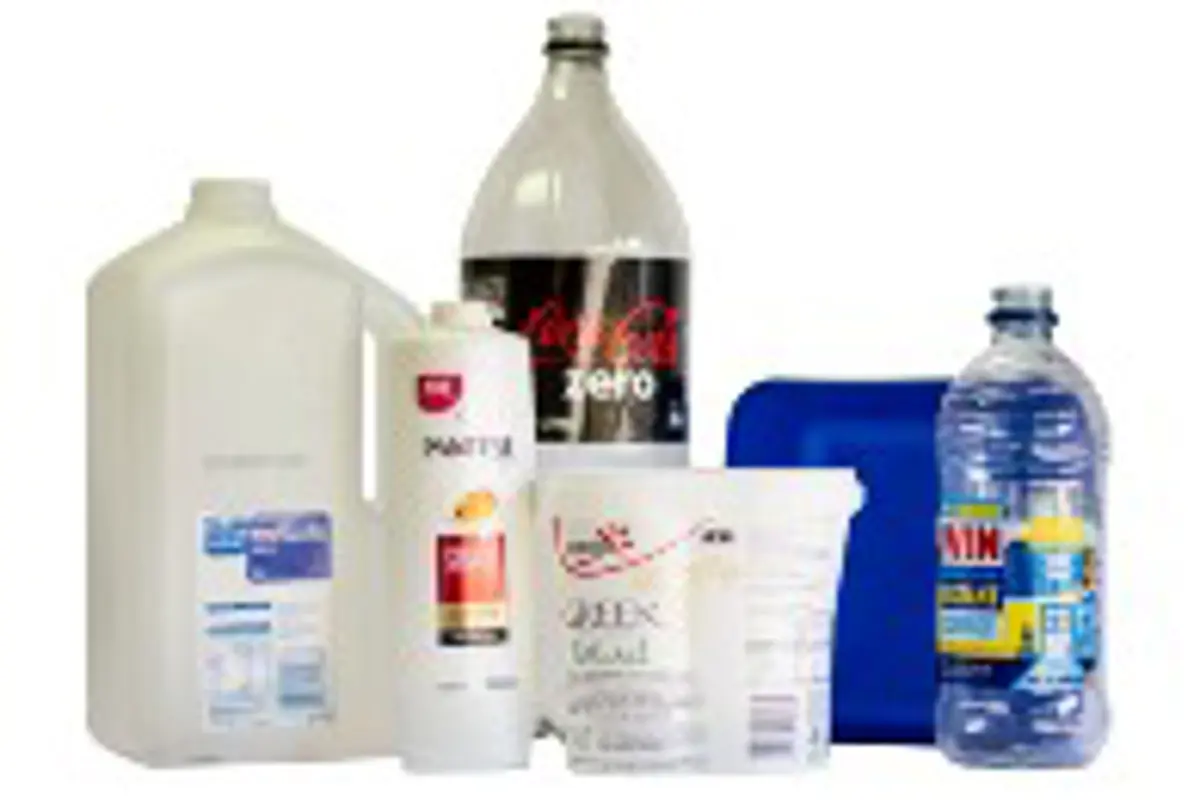
Plastics 
- Containers with numbers 1, 2, 5 printed inside a triangle:
- 1 – water, juice and soft drink bottles
- 2 – milk, shampoo and cleaning product bottles
- 5 – large yoghurt containers and ice cream tubs.
- Rinse and do not squash.
Note:
Plastic lids can't be kerbside recycled as they're too small for sorting equipment to identify/separate. Take them to a lids scheme dropoff point: https://capsandlidsrecycling.co.nz/where-to-recycle/
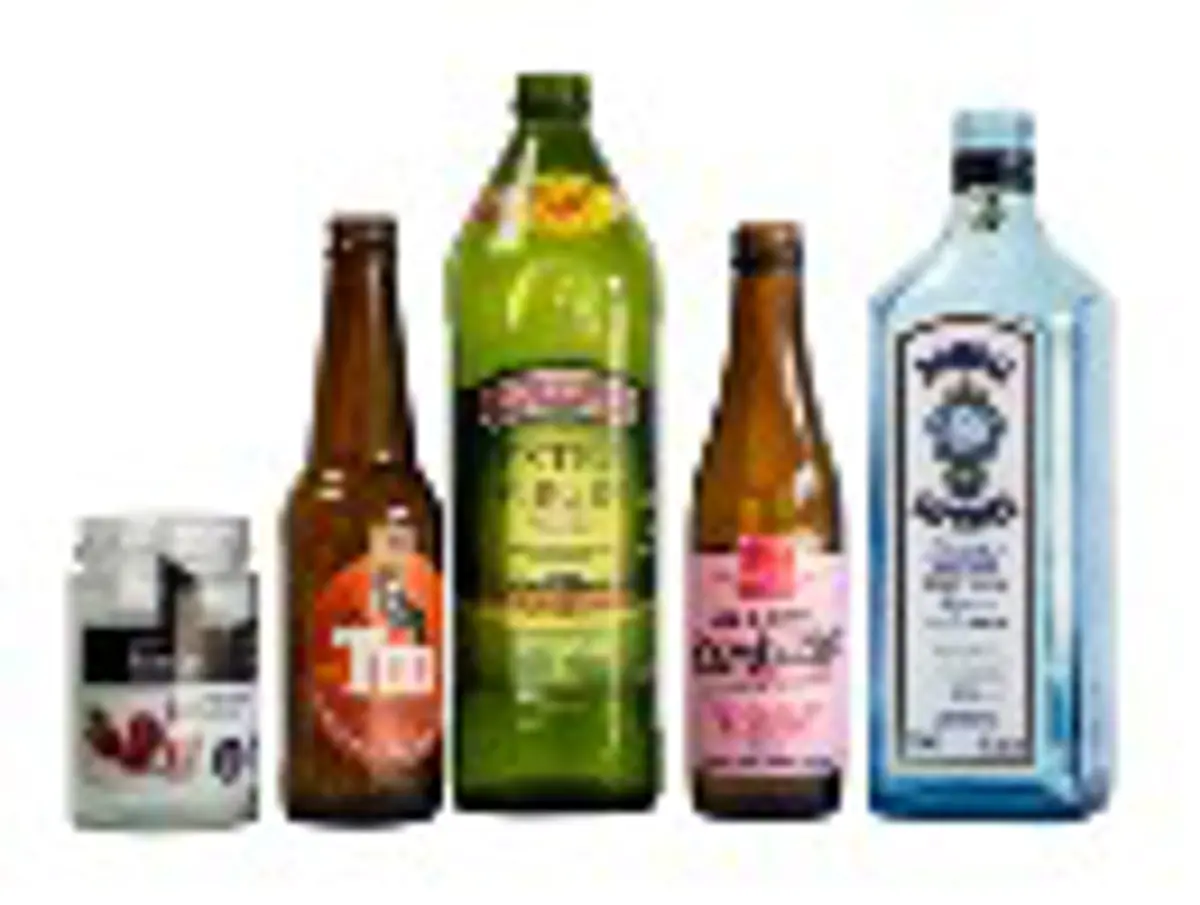
Glass – recycled in your glass crate
- Rinsed bottles and jars.
- No broken glass.
Note:
Metal and plastic lids from glass containers can't be kerbside recycled as they're too small for sorting equipment to identify/separate. Take them to a lids scheme dropoff point: https://capsandlidsrecycling.co.nz/where-to-recycle/
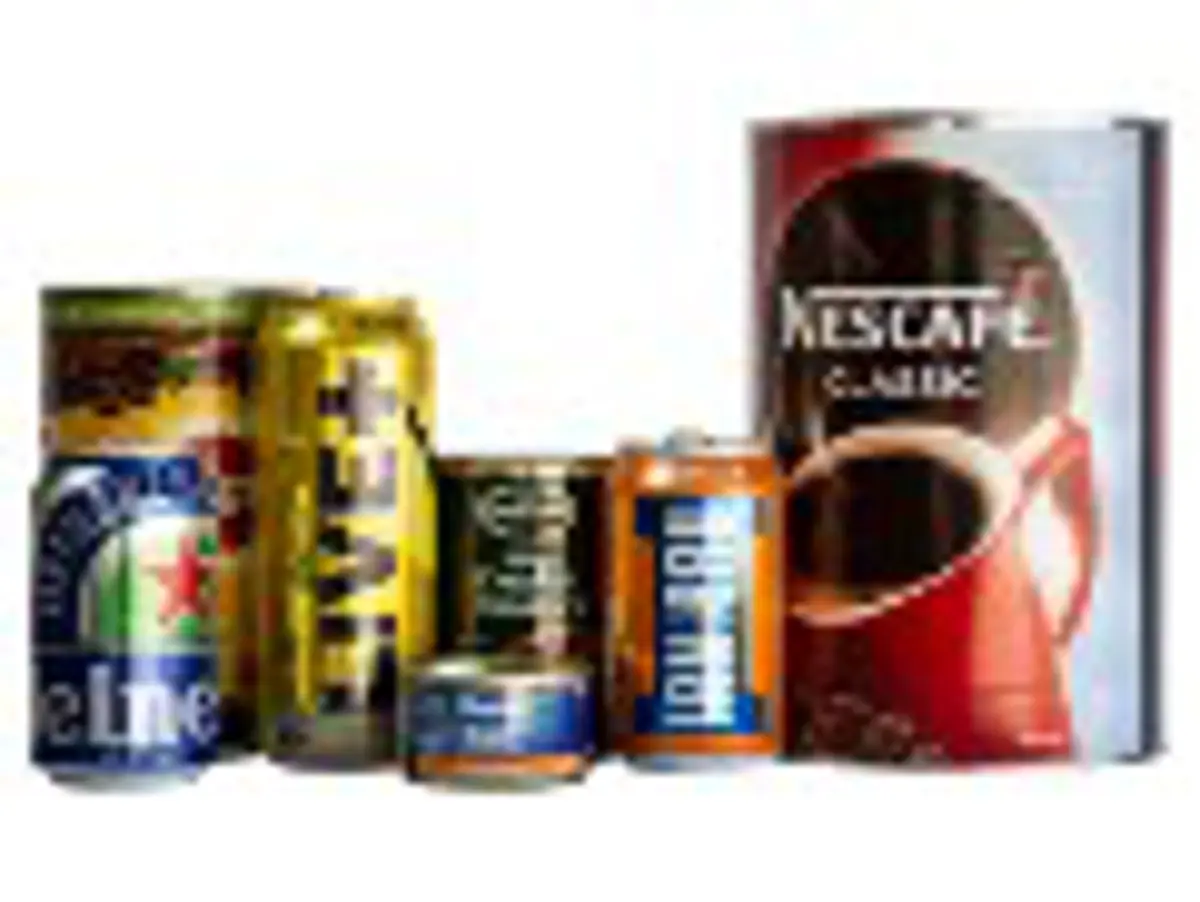
Aluminium and steel cans
- Rinsed clean and do not squash.
Note:
Loose metal lids can't be kerbside recycled as they're too small for sorting equipment to identify/separate. Take them to a lids scheme dropoff point: https://capsandlidsrecycling.co.nz/where-to-recycle/
If lids remain firmly attached to the can and don't have exposed sharp edges, they can be kerbside recycled.
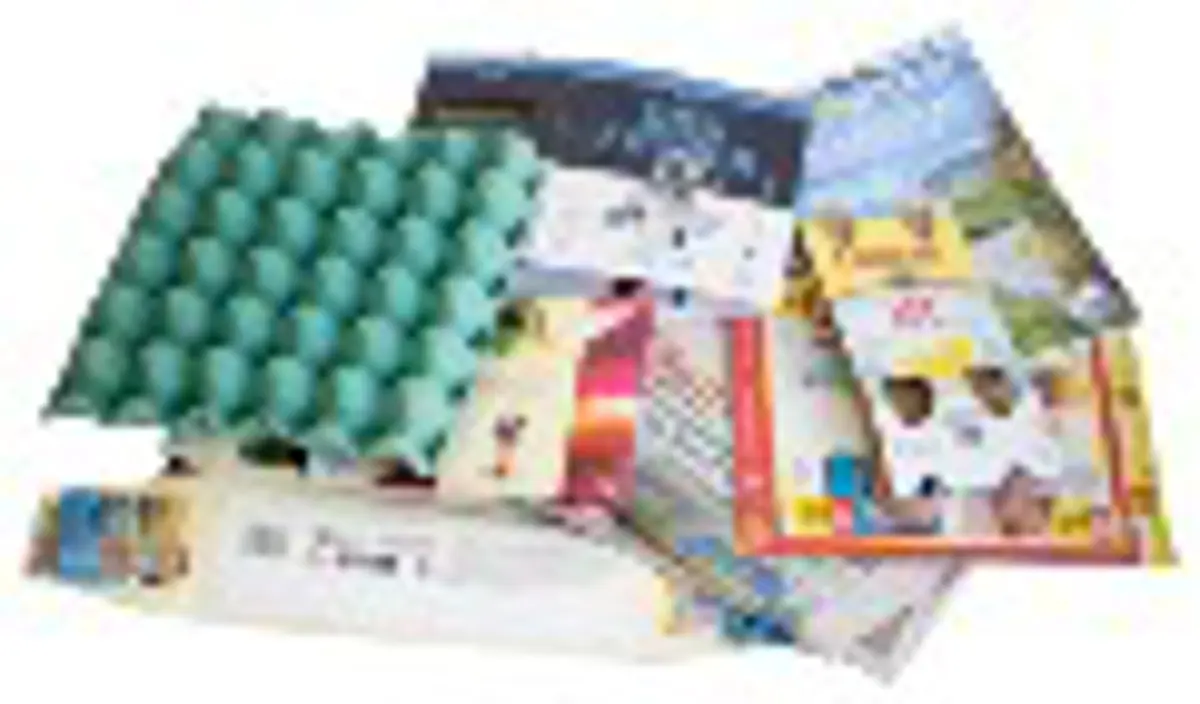
Paper and cardboard
- Flattened and clean.
- Includes cardboard packaging, newspapers, brochures, office paper, magazines, books, clean and greasy pizza boxes, egg cartons, window envelopes.
- Flattened cardboard should be no larger than your crate or bin.
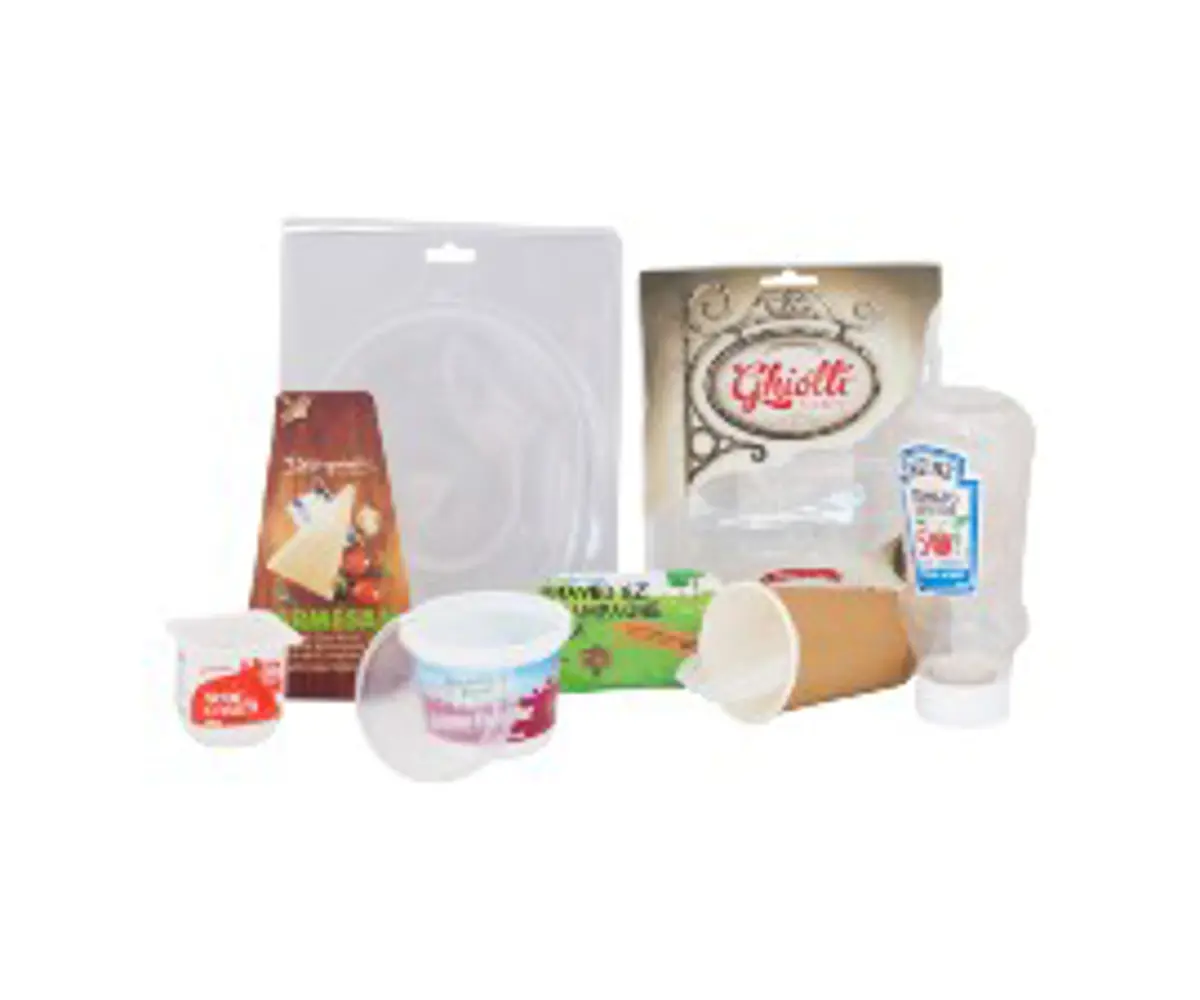
Plastics 
Items with numbers 3, 4, 6, 7 printed inside a triangle, eg:
- 3 – some cracker trays
- 4 – some squeezy bottles
- 6 – small dairy pottles and tubs
- 7 – fresh pasta and deli packaging.
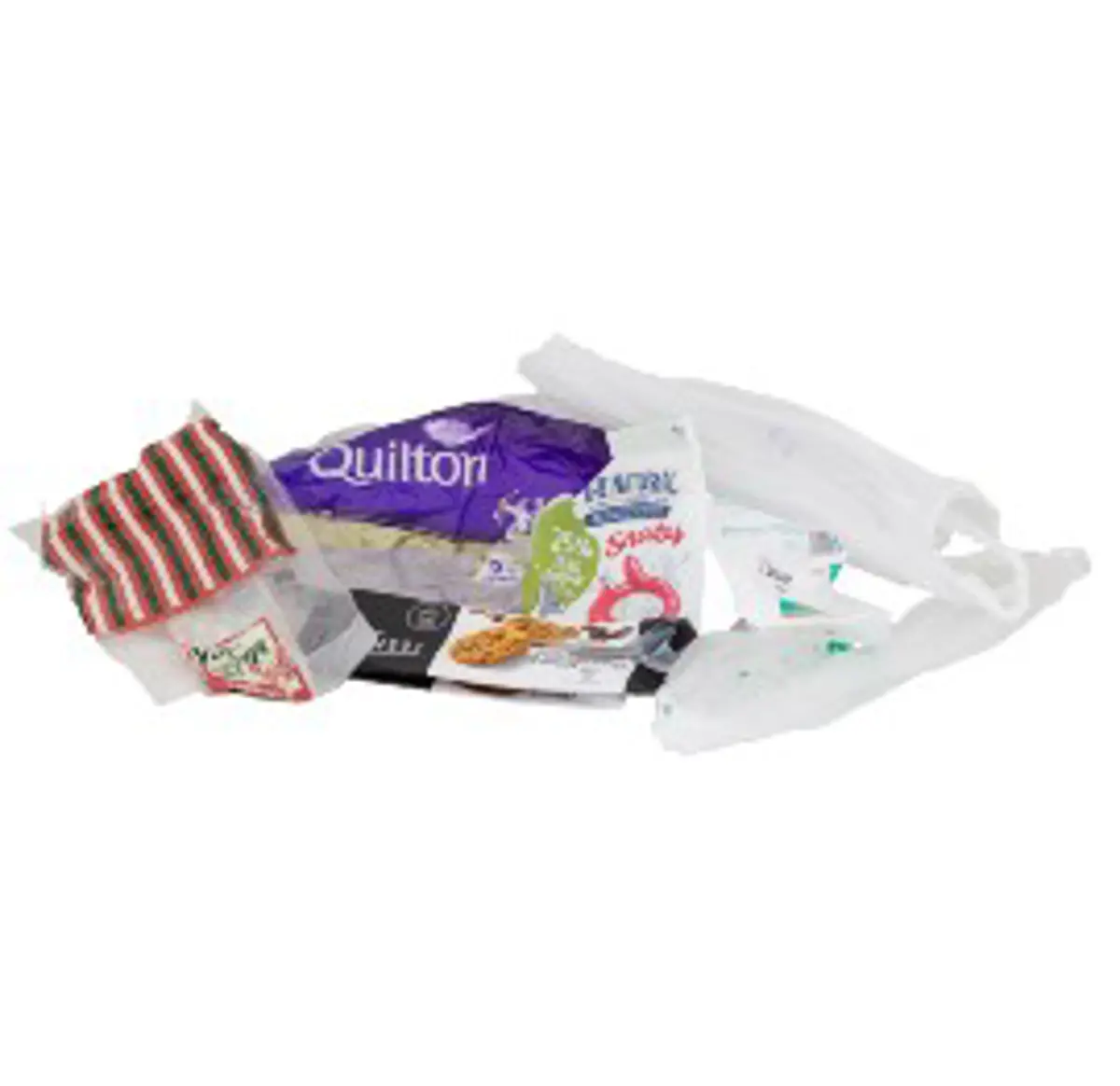
Soft plastics
This means plastic packaging that can be scrunched into a ball, including:
- shopping bags
- shrink wrap
- bubble wrap
- chippie packets
- chocolate bar wrappers.
Make sure they're clean, and take them to one of the local soft plastics recycling points in Paraparaumu, Ōtaki or Waikanae.
Remember – soft plastics must not go in your kerbside recycling bin.
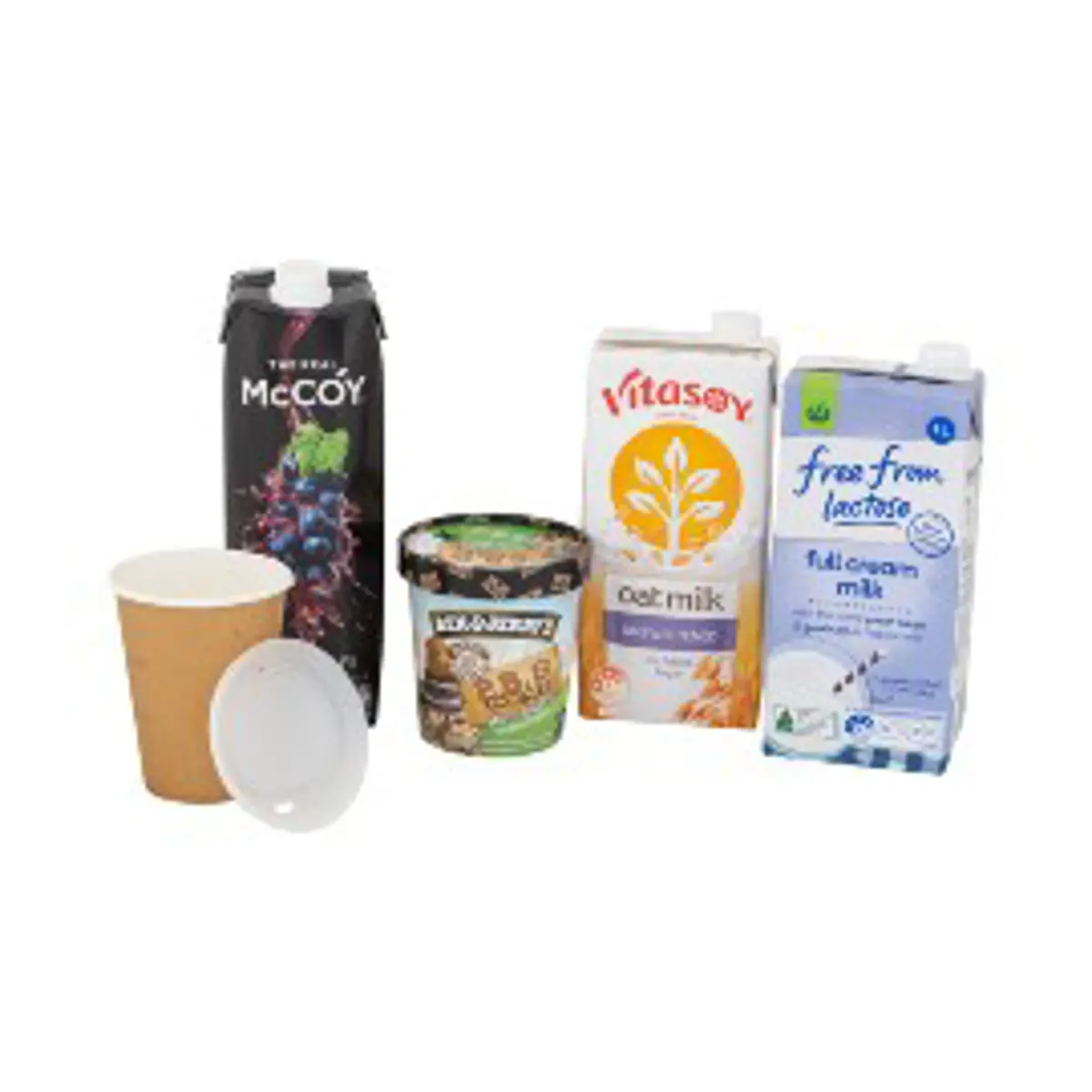
Soiled, lined or mixed paper products
- Lined drink cartons
- Coffee cups
- Contaminated paper – pizza boxes with food, wall paper or any other paper contaminated by glue, wax or food
- Greasy takeaway food containers
- Tissues and paper towels
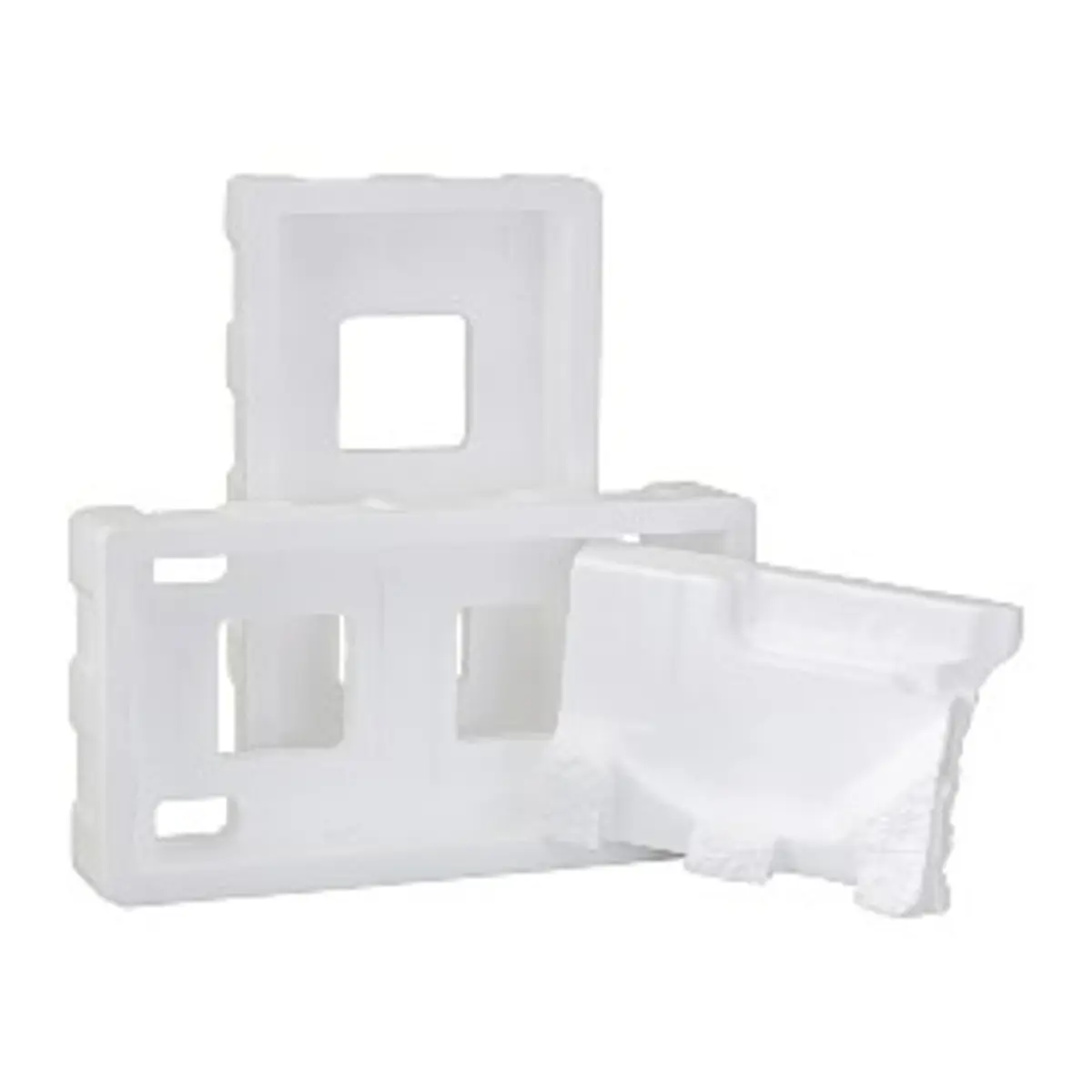
Polystyrene
- Packaging (eg, used for electrical and other goods)
- Takeaway food and beverage containers
- Black meat trays.
No polystyrene, even if it has a number on it.
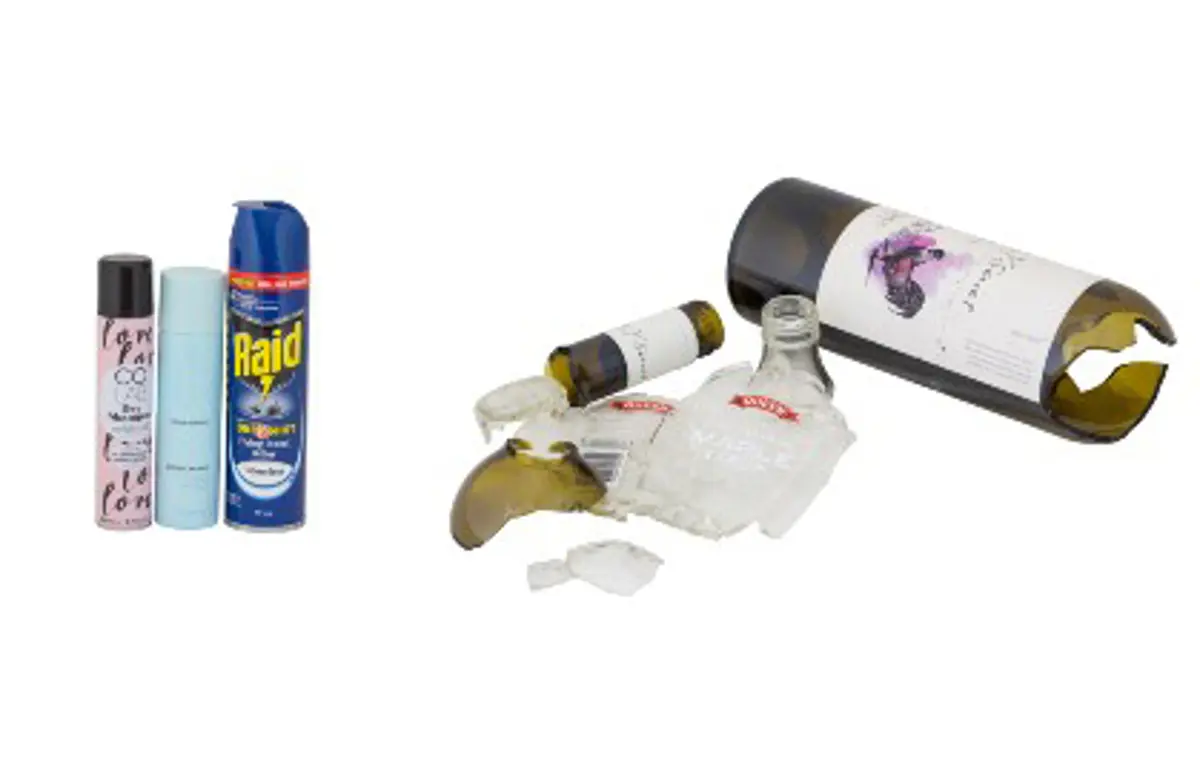
Dangerous items
- Aerosol cans
- Broken glass or bottles
Please do not put these items in your recycling bin:
- Clothing or shoes – take to drop off bins for re-usable and recyclable clothing and shoes
- Oils or paint tins
- Scrap metal
- Broken glass – frosted glass, window glass, mirrors, broken bottles
- Drinking glasses or cups, pyrex, crystals, ceramics, pottery or kitchenware
- Light bulbs
- Lids (all metal and all plastic food and beverage container lids) – these are too small for handling at the recycling facility, and will end up in the rubbish. Lids can be dropped off at caps and lids scheme collection points: How to recycle - Caps & Lids - Recycling Scheme
Printable copy
You can also print this handy Kerbside recycling factsheet [PDF 3.89 MB].
Why certain things can't go in your recycling bin
Dirty or food-contaminated material
This can't be hygienically stored and processed for recycling and may attract pests. If there are contaminated items in your bin, the whole contents of your bin can no longer be used for recycling.
Examples of contaminated items are polystyrene meat trays, take away food packaging and soiled tissues. These items will always contain some food/fluid residue which makes them no longer usable for recycling. That is why you need to put these items into your regular rubbish.
Broken glass
Any glass that is broken can potentially hurt someone else and that's why you can't put broken glass jars and bottles in your recycling crate or wheelie-bin. Small items like broken drinking glasses or regular light bulbs can be put in your rubbish after wrapping them well in newspaper.
Sometimes it’s hard knowing your plastics – this short clip will help you identify the right ones to wash out and put in your recycling.
Videos
Know your plastics
Soft plastics
Lined Cartons
- Recycling factsheet [PDF 3.89 MB]